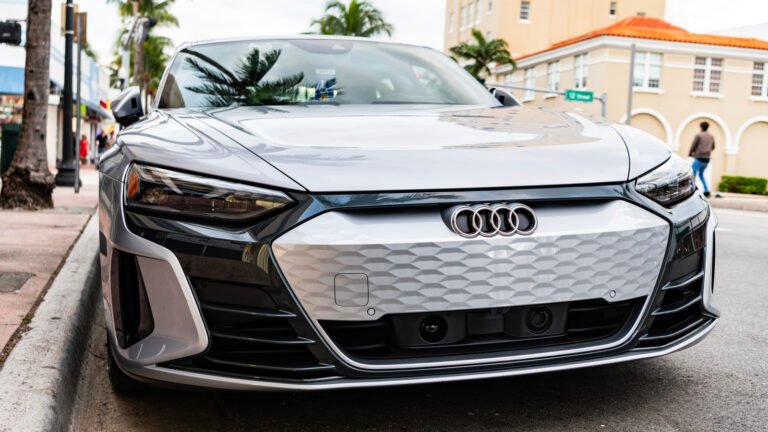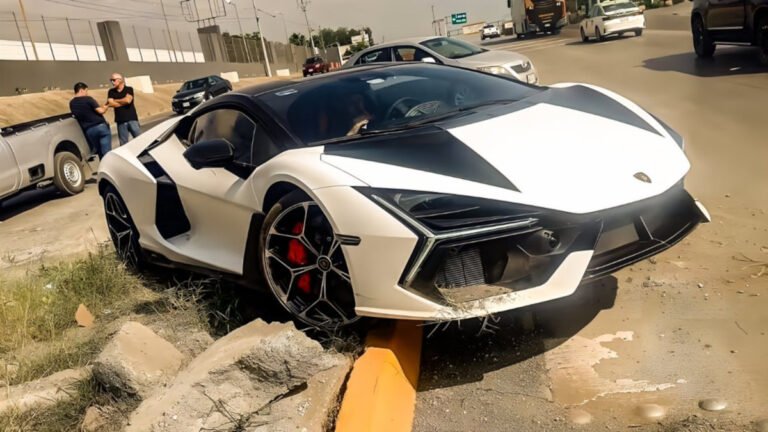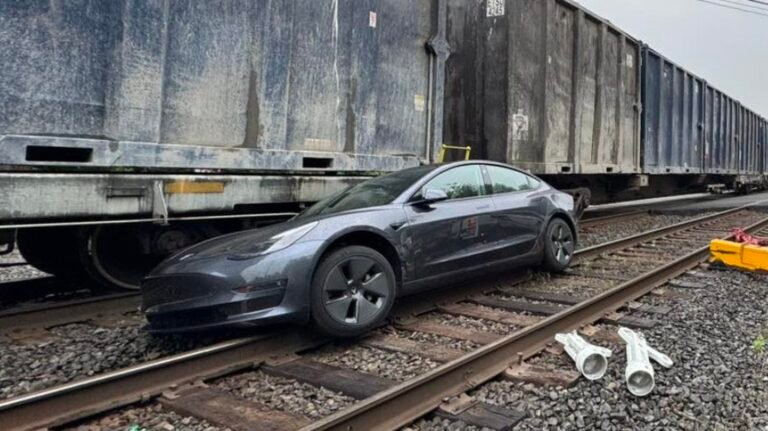
California’s 2035 ban on new gas-powered car sales is in danger
Congress has voted to revoke California’s Clean Air Act waiver that has been in place since 1967—but The Golden State isn’t backing down. California’s governor, Gavin Newsom, announced that his state would go to court to protect its federal waiver allowing its own clean air rules on the basis that it exists outside of the Congressional Review Act’s scope. The Senate’s action to block California’s emissions rules jeopardizes the state’s 2035 ban on the sale of new gas-powered cars, in addition to altering the U.S. auto market’s long-term future, given how several states mirror California’s standards.
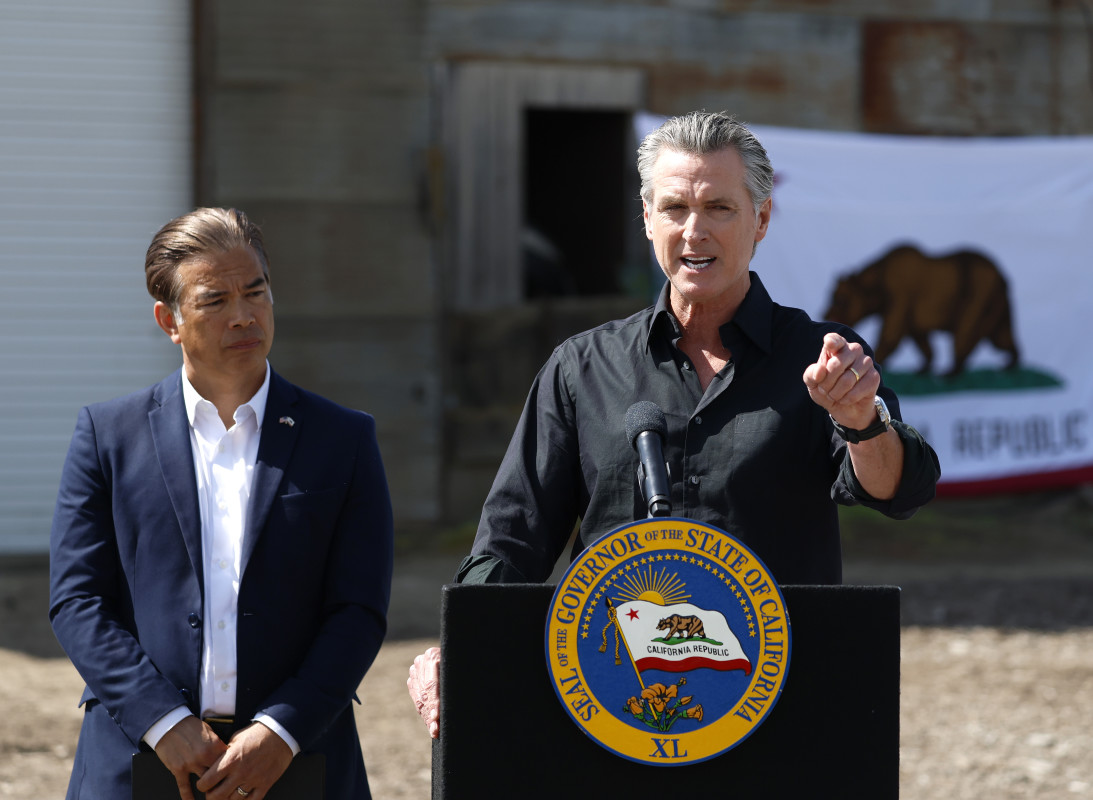
A focus on health
Attorney General of California, Rob Bonta, said: “Our lawsuit will be about ensuring California can enforce its state laws under the Clean Air Act. Waivers granted by the EPA have allowed us to improve our standards—they lower harmful emissions, they improve overall public health,” Axios reports. California’s clean air laws have proven effective at reducing pollution, as vehicle-based pollutants have declined 98% in the state during the last 50 years, according to Electrek.
The Golden State still faces challenges with factors like smog, which remains prevalent in areas like Los Angeles, an area also lacking public transportation. California’s transportation sector accounts for nearly 40% of the state’s carbon emissions, according to Axios. Mary Creasman, chief executive officer of California Environmental Voters, noted that 11 other states, including New York, Massachusetts, and Oregon, have adopted a version of California’s clean air standards to protect their citizens’ health. Internal combustion engine (ICE) cars are the largest source of smog-forming gases and one of the most significant sources of fine soot particles. Smog and soot can cause respiratory disorders, heart attacks, and other serious health issues.
If California’s ban on the sale of new gas-powered cars starting in 2035 is repealed, other states could follow, impacting the U.S.’s electric vehicle (EV) adoption rate and the pace of its electric charging infrastructure development. As of now, California leads the U.S. in EV sales, with residents owning about 2.24 million electric cars and 620,175 EVs in Los Angeles County alone, according to Axios. California’s current mandate stipulates that 35% of new 2026 model cars sold must have zero emissions, increasing to 68% in 2030 and 100% in 2035. The Senate also voted to block California’s 2020 Advanced Clean Trucks rule requiring manufacturers to meet accelerated targets for zero-emission heavy and medium-duty trucks from 2024 to 2035.
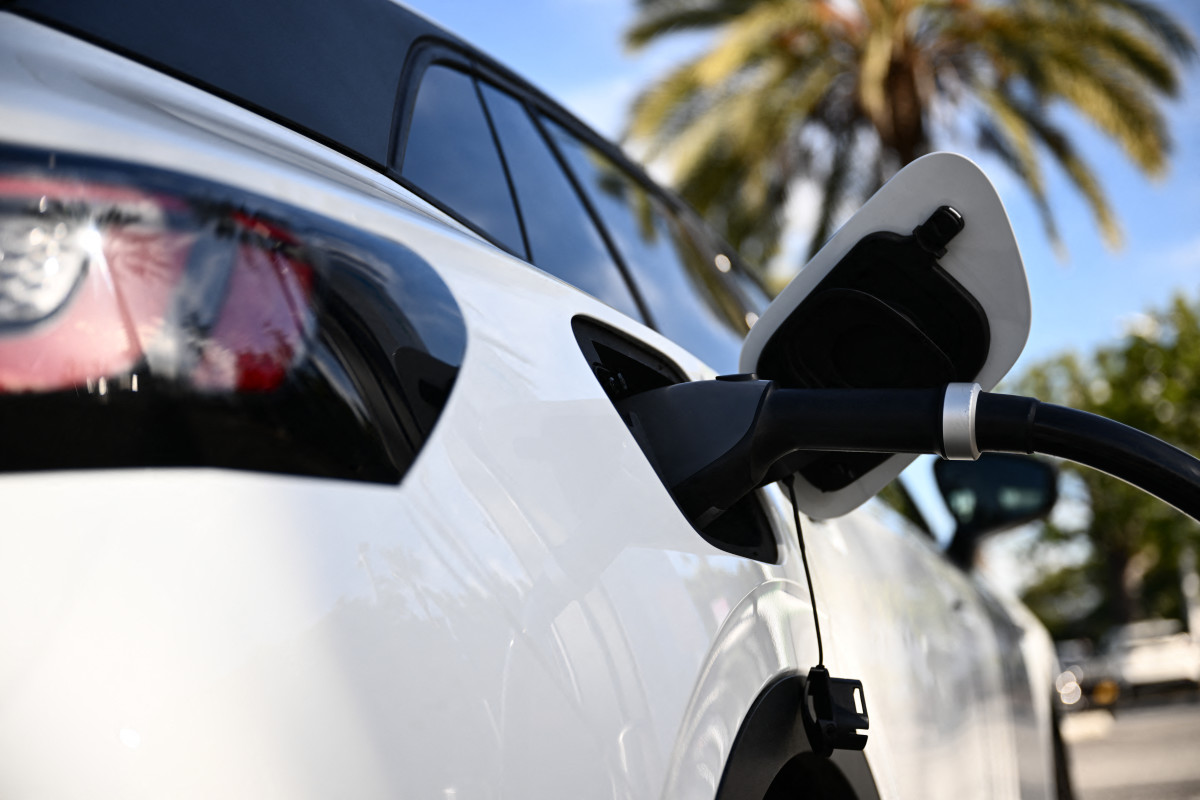
Final thoughts
If California’s waiver from the federal Clean Air Act is repealed, the state may have to rely on voluntary efforts for its mass EV transition, likely requiring more financial incentives and rebates for manufacturers and consumers. Still, despite the bill heading to President Trump, its approval faces an uphill battle. The Senate parliamentarian and the Government Accountability Office (GAO) concluded that the Congressional Review Act doesn’t apply to waivers like California’s, increasing the likelihood of courts siding with California.
